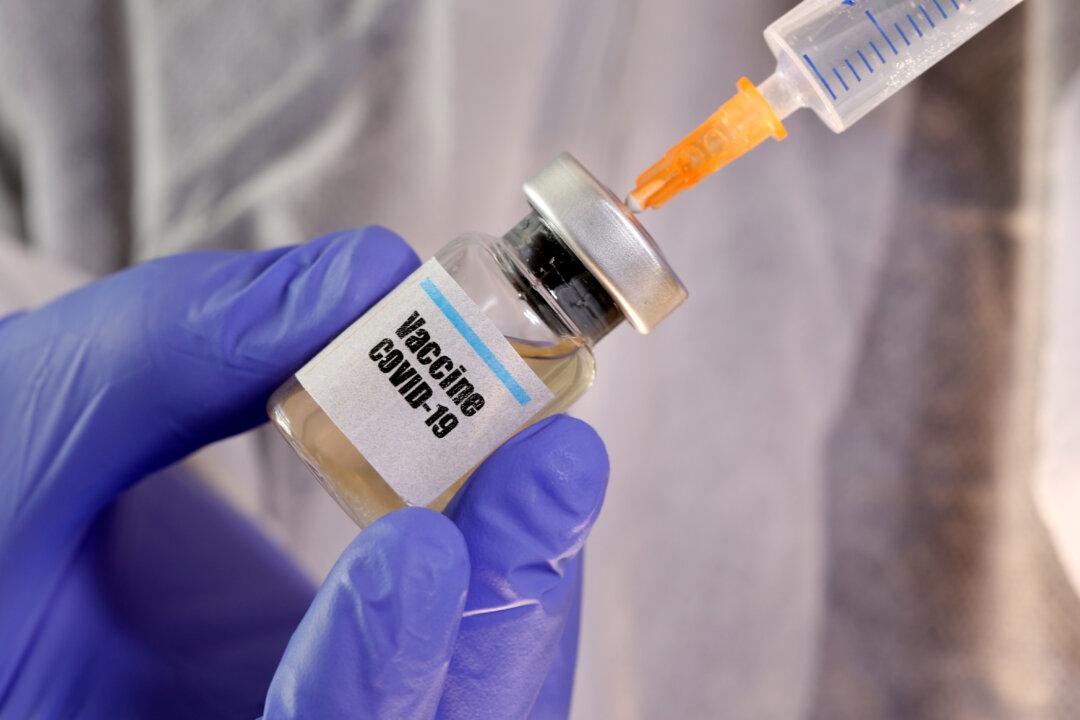The Novavax vaccine for the CCP virus is one step closer to being approved by Australia’s regulator for medications and vaccines, after it was announced that Biocelect, the vaccine’s sponsor, is now eligible to apply for provisional registration in the Australian Register of Therapeutic Goods (ARTG).
The Therapeutic Goods Administration (TGA) said on its website on Jan. 20: “In making its decision to grant Biocelect (on behalf of Novavax) a provisional determination, the TGA considered all eligibility criteria, including factors such as the evidence of a plan to submit comprehensive clinical data and the seriousness of the current COVID-19 pandemic.”





